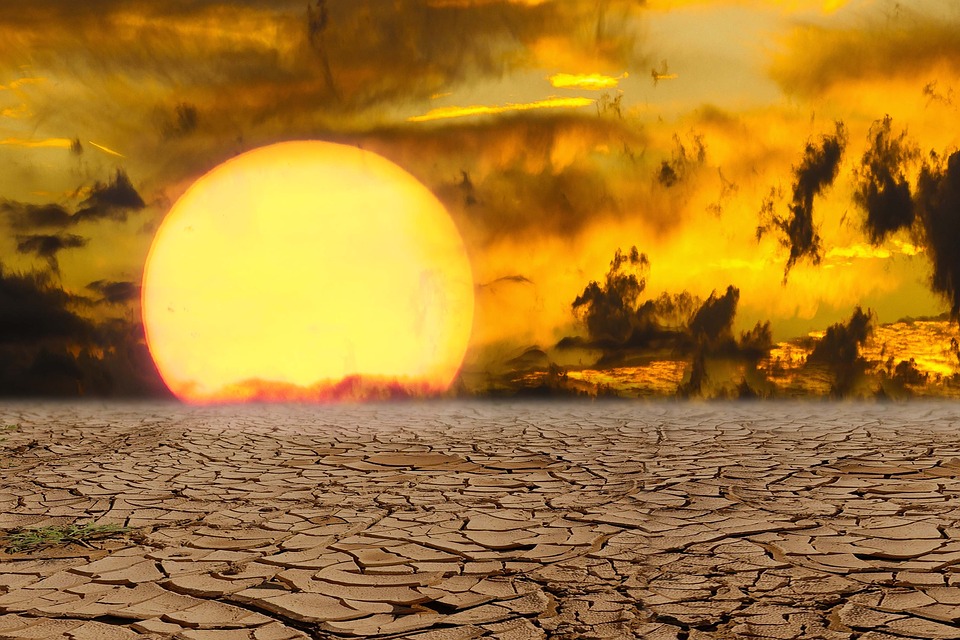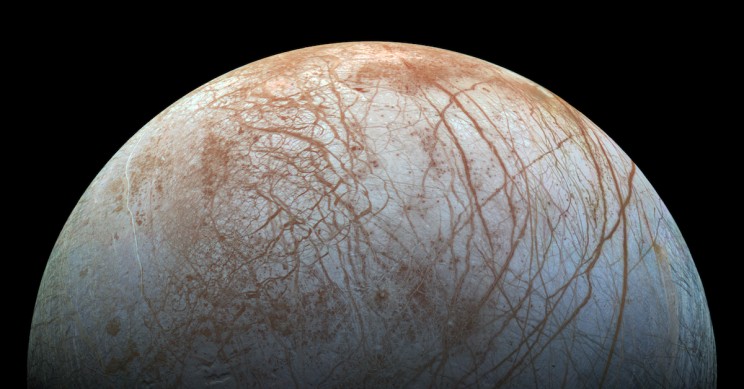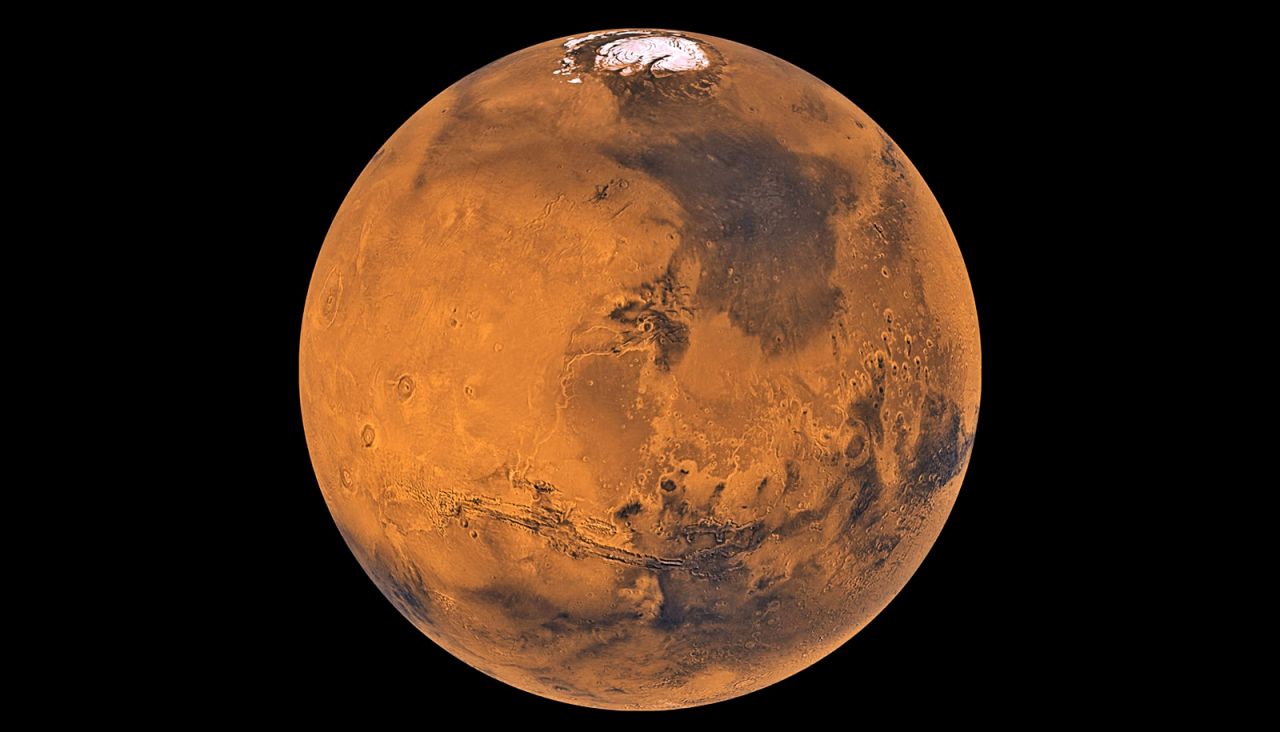Are we running out of time to stop climate change? Nearly a year has passed since the Intergovernmental Panel on Climate Change (IPCC) warned that limiting global warming to the 1.5-degree Celsius (2.6 degrees Fahrenheit) mark by the end of the century — a goal set to stave off the worst impacts of climate change — “would require rapid, far-reaching and unprecedented changes in all aspects of society.”
Some politicians and writers have thrown their hands up in the air and argued that it’s too late, and that human civilization is simply not up to the task. Others, meanwhile, took the report as a call to arms, reframing one of its points as a political organizing message: We have only 12 years to stop climate change, and the clock is ticking. (A year later, we’re down to 11.)
But the full picture is both more and less dire than a slogan can capture. We can’t stop climate change — because it’s already here, and it’s already too late to reverse many of its catastrophic effects. What’s true is that things are on track to get much worse over the course of this century, and that if we’re going to stop those things from happening, society is going to have to start hitting some important deadlines fast. There’s a big one coming 12 years after the IPCC report. Blowing through it won’t immediately plunge society into a “Mad Max”-style dystopia, as some have suggested — perhaps tongue in cheek — but it will make sure everything keeps getting steadily worse, and it will make turning things around down the road that much harder.
Some scientists are nervous that overemphasizing the 2030 deadline might mislead the public about the nuances of climate change. But others pointed out to Live Science that activists have a task that’s different from that of researchers — one that requires straightforward goals and clear, simple ideas.
This article was originally posted on Queer SF











